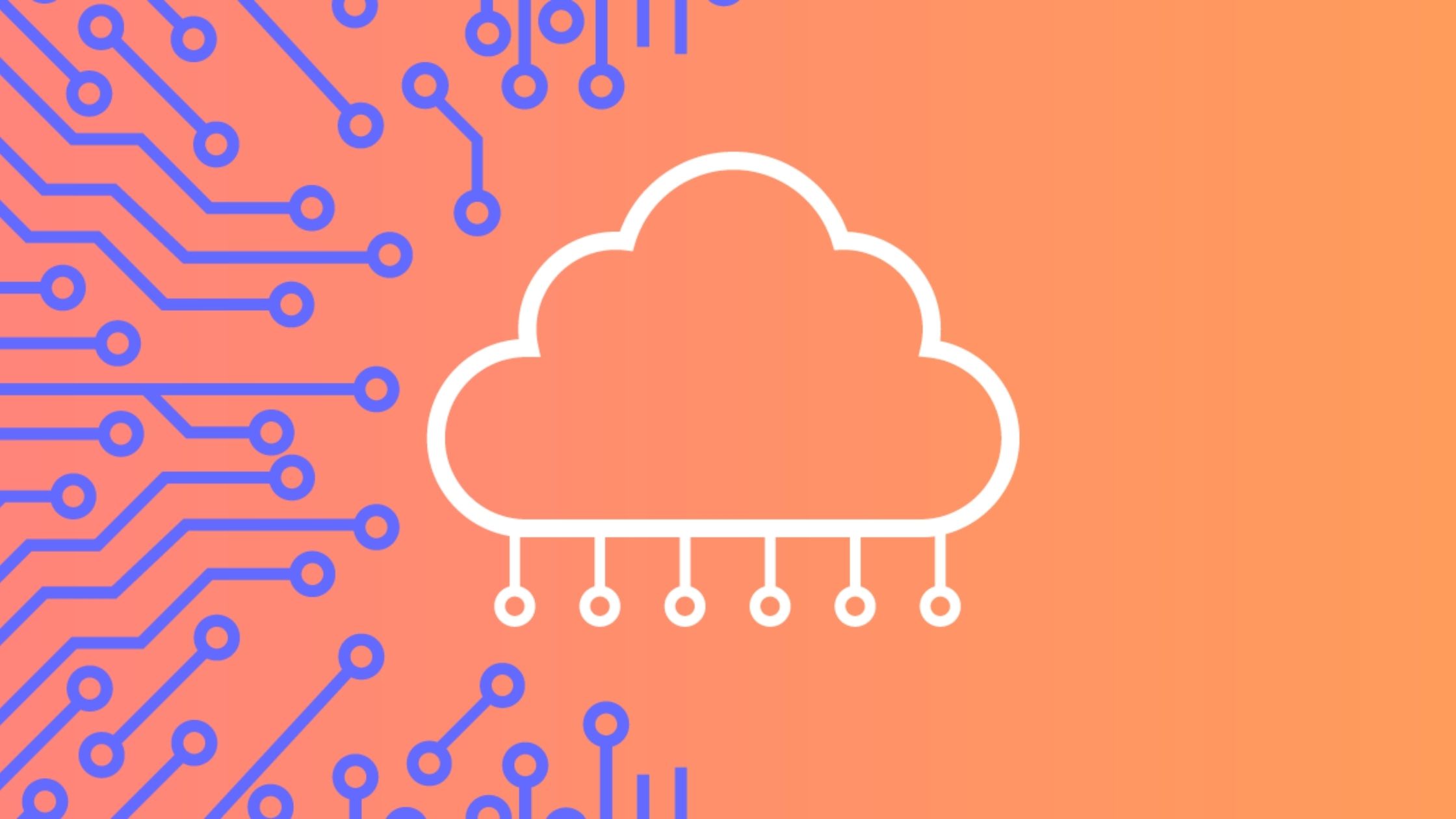Cloud computing services are the perfect way for businesses to expand their networks or introduce new technologies.
What is Cloud computing?
Cloud Computing allows the storage and access of data and computing resources across the Internet. With cloud computing, there is no need to store data on a personal computer. The key aim of cloud computing is to allow multiple people full access across data centres. So, consumers can indeed view data through a remote network.
Because of the increase in the number of PC and mobile users, data collection has now become a necessity throughout all domains. Big and small enterprises nowadays function on their records, and they invest a massive quantity of money in preserving the data. Not all companies can handle the high costs of in-house IT systems and back up facilities and services. Cloud Computing is a cheaper alternative for them. The implementation of data storage, computing and lower operating costs has attracted many larger companies to this service.
Cloud storage reduces the need for any extra hardware or services from the consumer’s side. Only one component that the user has to operate is the cloud infrastructure device interface programme, which is the internet browser, and then the cloud network does the rest.
Cloud computing successfully integrates small businesses with finite capital and allows them access to technology formerly out of grasp. Cloud storage lets small companies turn their cost of maintenance into gains.
Benefits of Cloud computing:
The opportunity for cost reduction is the main advantage of cloud computing, as stated by several businesses. Cloud computing allows everyone to access resources as needed and pay just for what one uses. Additionally, cloud infrastructure has made it easier to manage IT activities as an outsourced unit without employing many in-house personnel. Furthermore, when paired with Loop Backup to further back up files to another alternate location, cloud computing offers robust file security.
Types of Cloud Computing:
- Private Cloud: Computing tools are implemented for a specific enterprise. This approach is most widely used for intra-business encounters. The computing services can be managed, owned and run by the same company.
- Community Cloud: Computing services are available to the community and institutions.
- Public Cloud: This kind of cloud is commonly included in Business to Consumer(B2C) type connections. Here, the computing tool is controlled, managed and run by the government, academia or a business entity.
- Hybrid Cloud: hybrid cloud solutions can be used in all types of interactions – Business to Business or Business to Consumer. This implementation strategy is called the hybrid cloud since the computing services are linked together under separate clouds.
Three Cloud computing Services:
- Software as a Service(SaaS): Software as a Service or software as a service is a software delivery model in which programmes are hosted by a manufacturer or service provider and easily accessible to consumers through the Internet. SaaS has become a prevalent distribution paradigm as the fundamental technology that enables Service Oriented Architecture or Web Services.
- Platform as a Service(PaaS): Platform as a service, also known as PaaS, serves as a platform and atmosphere for developers to create apps and services. The service is hosted in the cloud and accessible through the use of the Internet by customers.
- Infrastructure as a Service(IaaS): IaaS (Infrastructure As A Service) is now one of the core cloud computing models adjacent to Platform as a Service. It offers networking facilities such as virtual server resources, network links, bandwidth, IP addresses, etc. The hardware resource reserve is derived from multiple networks of servers that are typically spread through numerous data centres. This gives IaaS consistency and stability.
